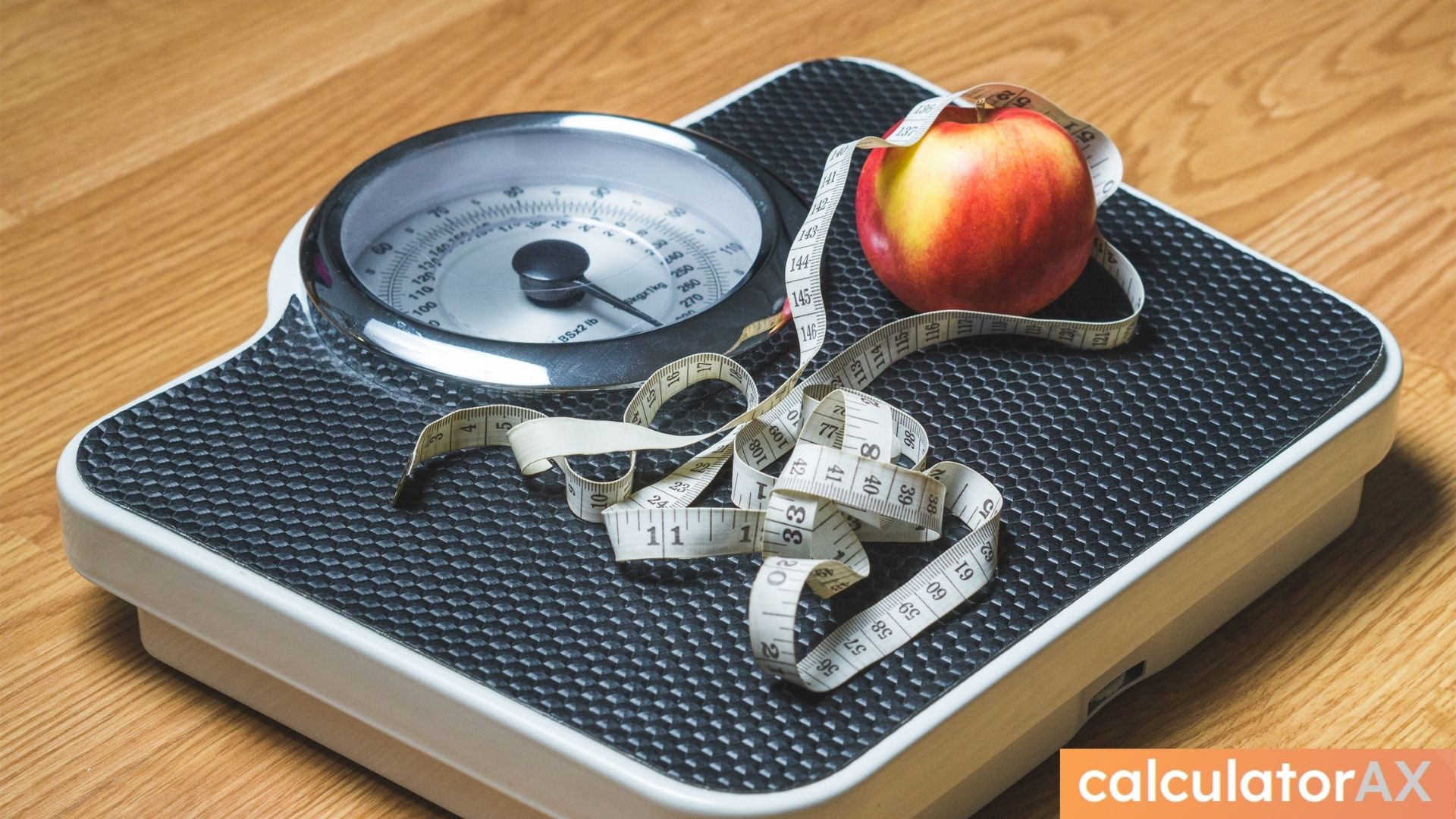Table of Contents
- What Is an Ideal Weight Calculator?
- Why Should You Care About Your Ideal Weight?
- What About BMI?
- Why Gender and Age Matter
- How to Use the Ideal Weight Calculator
- What to Do After You Get Your Ideal Weight
Last updated: July 28, 2024.
What is the Ideal Weight for My Height?

Are you wondering, “What should my ideal weight be?” It’s a common question, especially when many of us are trying to stay healthy and fit. But here's the thing — finding your ideal weight isn’t just about a single number. It’s a combination of factors like age, height, gender, and lifestyle.
One tool that often comes up is the Ideal Weight Calculator. Let’s dive into how this tool works, what it means, and why it’s just one part of the bigger picture of health.
What Is an Ideal Weight Calculator?
An Ideal Weight Calculator is a tool designed to help estimate your healthiest weight range by factoring in your age, height, and gender. Several well-known formulas are often used for this, such as the Hamwi, Devine, Robinson, and Miller equations. Each provides a slightly different result for your "ideal" weight. Let’s take a closer look:
| Formula | Description |
|---|---|
| G.J. Hamwi Formula | Often used in medical settings, it gives a baseline weight based mainly on height. |
| B.J. Devine Formula | Created to calculate medication dosages based on weight, focusing on practical healthcare needs. |
| J.D. Robinson Formula | Similar to Hamwi, but adjusts based on real-world averages. |
| D.R. Miller Formula | A more modern approach, incorporating factors that reflect today’s understanding of health. |
These are just guides! Your ideal weight will depend on much more than any formula.
Why Should You Care About Your Ideal Weight?
Knowing your ideal weight can be useful, especially if you're managing conditions like diabetes, heart disease, or high blood pressure. It’s a starting point, helping you assess your body’s needs and what steps you might want to take for a healthier lifestyle.
What About BMI? Isn’t That Enough?
You may have heard of BMI (Body Mass Index), which calculates weight relative to height. But BMI has limitations — it doesn’t account for muscle mass, body composition, or fat distribution. For example, athletes may have a higher BMI but are still healthy. BMI is useful for large populations but may not reflect individual health accurately.
Why Gender and Age Matter
Gender and age play significant roles in determining your ideal weight. Men typically have more muscle mass, while women tend to have more body fat. Age also affects metabolism and muscle mass over time, which can change how our bodies process weight and fat.
How to Use the Ideal Weight Calculator
Using the calculator is simple! Just input your age, height (in centimeters), and gender. The calculator will give you estimates according to different formulas. These estimates provide a useful range to consider.
What to Do After You Get Your Ideal Weight
Once you get your number, remember it’s just one part of the picture. Consider other factors:
- Waist-to-height ratio: Your waist should be less than half your height to reduce health risks.
- Lifestyle factors: Diet, exercise, sleep, and stress all impact how your body manages weight.
- Health conditions: If you have a condition like diabetes or thyroid problems, talk to your healthcare provider before making changes.
Your health is more than a number! Your ideal weight is influenced by many factors — from muscle mass to daily habits. Use the Ideal Weight Calculator as a guide, but remember, your overall health matters most.
- Diabetes Canada - BMI Calculator "BMI Calculator".
- Healthline - Ideal Weight "How Much Should I Weigh?".